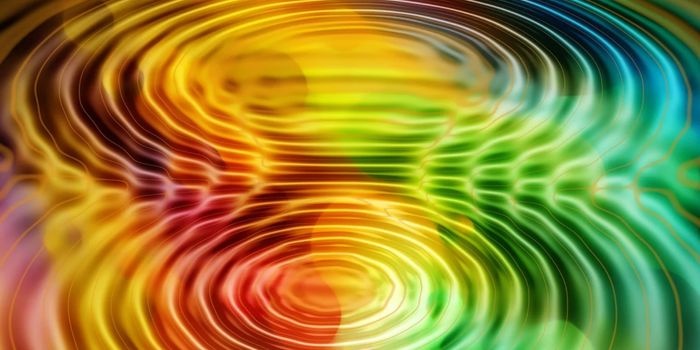How 'Magic Mushrooms' Can Help Smokers Quit
The Center for Psychedelic and Consciousness Research at Johns Hopkins Medicine does not look like your average doctor’s office – there are couches, paintings of natural scenery, and glowing Himalayan salt lamps.
This is a place where patients are undergoing the latest treatments for drug addiction. By taking a pill of a drug called psilocybin – the active chemical in “magic mushrooms” – people experience a “trip”. Patients first undergo behavioral cognitive therapy to prepare them for the psilocybin session. Therapy helps solidify a subject’s intention, like quitting smoking. After taking a psilocybin dose, patients may experience disorienting or frightening hallucinations. This is partly why a trained guide is present to offer support throughout the session – which lasts six hours. The experience is different for everyone.
Despite some unpleasant risks, people come out of these sessions in a positive light with a different sense of self-efficacy. “They actually feel more empowered to rewrite the narrative of their lives,” says Dr. Roland Griffiths, head of the research center.
Psilocybin coupled with therapy may be more effective than other smoking cessation treatments, such as prescription medications or the nicotine patch.
“We had incredibly high success rates,” says Dr. Matthew Johnson, an experimental psychologist at the Johns Hopkins University. “80% of people were biologically confirmed as abstinent from smoking six months after the fact. And then at two and a half years on average, 60% of people were biologically confirmed as abstinent from smoking. That just completely dwarfs the best success rates that are out there.”
But how exactly does psilocybin help smokers kick the habit?
Researchers say that they don’t know for certain yet why patients experience lasting changes but suspect that it may be due to a restructuring of the brain. Psilocybin seems to temporarily rewire the brain – sections that don’t normally talk to each other communicate more, and parts that do communicate talk less, says Johnson.
One analogy is to imagine living in a city where you stop talking to your neighbors, but then you start talking to people way across town you normally don’t talk to. "That can lead to novel ways of looking at oneself, thinking about the world in a different way, having insightful experiences," Johnson says.
This hypothesis has yet to be proven, but neuroimaging studies have shown that when people take psilocybin, their brains show increases in neural connectivity in regions that typically do not communicate; such as those involved in self-awareness, memory, and emotion.
Researchers think of this psychedelic therapy as a powerful, surgical intervention compared to other types of chronic treatment. “What we’re talking about is a single session, six hours, that produces some kind of plastic change that can result in enduring positive changes in attitudes, moods and behavior,” notes Griffiths. “So many interventions in psychiatry require either a number of sessions, like in psychotherapy or with a drug like an SSRI. It could be months or years of regular prescription of those kinds of compounds.”
Not everyone should use psilocybin – those with predispositions for schizophrenia and other mental illnesses may be harmed by using the drug.
Given its therapeutic potential for treating addiction and other diseases such as depression, perhaps it’s time to give psychedelics another look, says Johnson.










